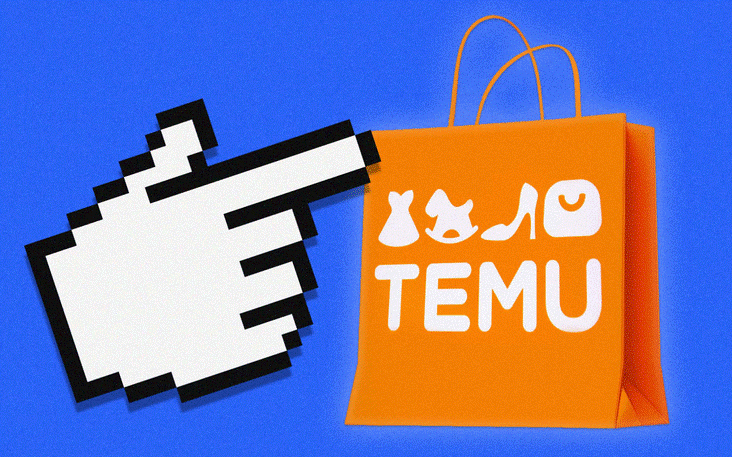HANOI – Vietnam has issued a directive that mandates foreign e-commerce platforms, including popular names like Temu and Shein, to register with the government or face potential bans. The new regulations, announced in late October 2024, are part of a broader strategy to protect domestic businesses, ensure consumer safety, and curb the flow of counterfeit and substandard goods into the country. While the move aims to safeguard the interests of local companies and consumers, it has raised concerns among international retailers about the potential for more stringent regulatory hurdles in the rapidly growing Vietnamese e-commerce market.
Protecting Local Businesses and Consumers
The Vietnamese government has expressed concerns that unregistered foreign platforms could undermine local businesses by offering goods at lower prices, often without adhering to local regulations. Authorities have cited the rise of counterfeit products as a significant issue. Many international e-commerce platforms, including Shein, which is widely popular for its fast-fashion items, have faced accusations of facilitating the sale of fake or substandard goods in various markets.
The new registration requirement seeks to ensure that foreign platforms comply with Vietnamese laws regarding product safety, consumer rights, and fair competition. The Ministry of Industry and Trade emphasized that the regulations are necessary to level the playing field, preventing foreign sellers from exploiting loopholes that could harm local retailers and consumers.
“Foreign e-commerce platforms need to respect the same standards that our domestic businesses must follow,” said Nguyen Thi Lan, the Director of the Ministry’s Department of E-commerce. “This policy is about ensuring that our consumers have access to quality products and that our local businesses can compete fairly.”
Impact on Consumers and Foreign Retailers
The new directive is likely to have mixed effects on e-commerce consumers in Vietnam. On one hand, the increased oversight could lead to a reduction in counterfeit goods and ensure that products sold through foreign platforms meet local safety and quality standards. Consumers might also see improved customer service and protections in cases of product disputes or complaints, as registered platforms will be required to adhere to Vietnamese consumer protection laws.
On the other hand, the move could result in higher prices for some products, particularly those from international sellers who may need to adjust their pricing strategies to comply with local taxes, tariffs, and administrative costs associated with registration. For example, platforms like Temu and Shein, which are known for offering low-cost goods, may face challenges in maintaining their competitive edge in the Vietnamese market if additional fees or regulatory compliance costs are passed onto consumers.
For Vietnamese shoppers, this could mean a shift in the variety of available products, as some foreign sellers may choose to withdraw from the market altogether if they find it too costly to comply with the new rules. Smaller businesses or individual sellers operating on these platforms might also face difficulty meeting regulatory requirements, potentially reducing the variety of goods offered to consumers.
Increased Regulatory Hurdles for Foreign Retailers
Foreign e-commerce platforms have expressed concern that the new regulations will create additional barriers to entry for international retailers in Vietnam. The country’s e-commerce market has been one of the fastest-growing in Southeast Asia, and many global players have eyed Vietnam as a key market for expansion. However, the new rules could dampen that enthusiasm by increasing the complexity and costs of doing business in the country.
“Vietnam’s move to impose these requirements is likely to raise the stakes for foreign retailers who are already navigating a complicated regulatory landscape,” said Tim Brown, a senior analyst at E-commerce Insights. “It’s clear that Vietnam wants to ensure local businesses are protected, but foreign platforms may view this as an unnecessary obstacle that could limit their market access.”
A Step Toward More Control
The directive is seen as part of a broader effort by Vietnam to tighten its control over the digital economy and ensure that foreign companies operate on more equal footing with domestic businesses. It follows similar moves in other Southeast Asian countries, such as Indonesia and Malaysia, which have introduced measures to regulate foreign e-commerce players and boost local industries.
Despite the potential challenges for international retailers, experts suggest that Vietnam’s e-commerce market will continue to attract investment due to its large and young population, expanding digital infrastructure, and growing middle class.
As of now, foreign platforms like Temu and Shein have been given a grace period to register and comply with the new regulations. If they fail to meet the requirements, they may face restrictions or a potential ban from operating in the country, leaving consumers with fewer options for international shopping. (zai)

